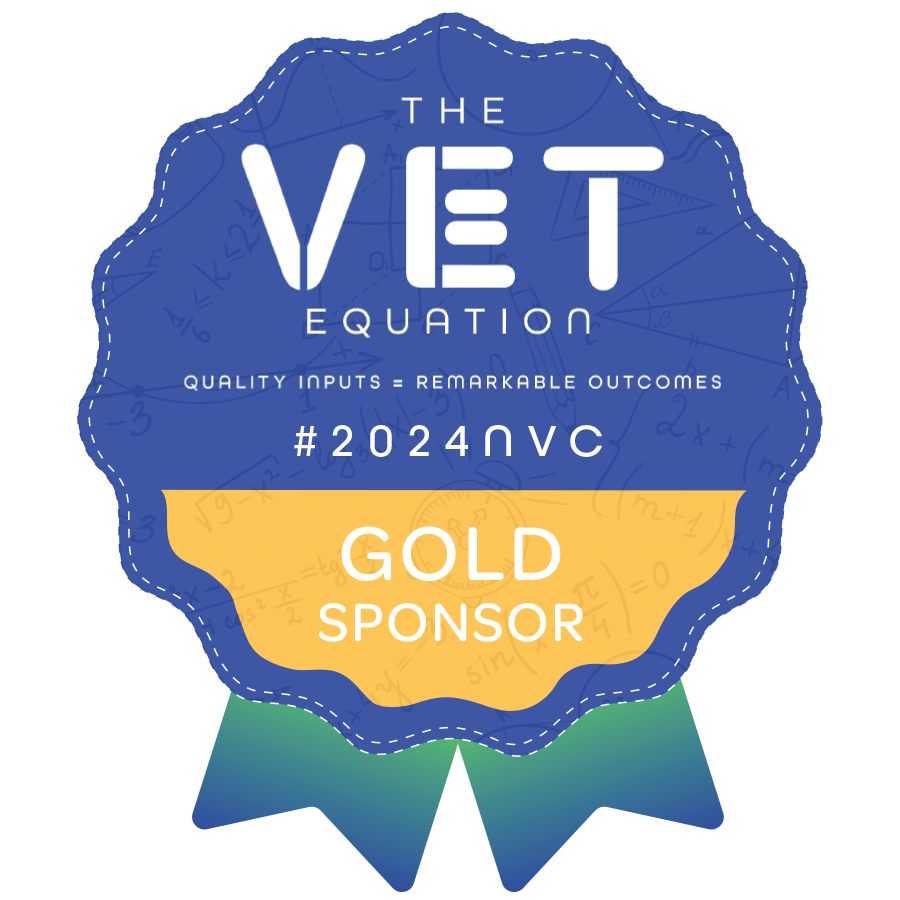Revised Standards for RTOs in 2025
After four years of development and multiple rounds of consultation on revisions to the 2015 Standards, the revised Standards for Registered Training Organisations have yet to be finally approved, but are expected to take full regulatory effect on July 1, 2025.
The revised Standards mark a significant change in how RTOs manage training and assessment resources, staffing, compliance and more.
In this article, we take a closer look at how the revised Standards are structured, why the government and policy makers are pushing for these changes, their impact on the industry and whether RTOs will really benefit.
Why Have the Standards for RTOs Been Revised?
According to the Department of Employment and Work Relations (DEWR), the revised Standards were developed with the intention of better reflecting “the diversity of the VET sector” and to “ensure the Standards are fit-for-purpose across different RTO settings”.
Put simply, as the VET sector is currently so varied, so too is the quality of the training delivered by providers. The revised Standards aim to support RTOs by introducing quality assurance processes into everyday operations.
The revised Standards for RTOs in 2025 are structured into three distinct segments: Outcome Standards, Compliance Requirements and Credential Policy.
The Revised Standards
1. Outcome Standards
The Outcome Standards focus on four key areas and outline desired outcomes for each:
- Training and Assessment: Students receive quality training and assessments, enabling them to attain nationally recognised, industry-relevant skills.
- VET Student Support: Students are treated fairly and are properly informed, supported and protected.
- VET Workforce: Students are trained, assessed and supported by fully qualified trainers committed to professional development.
- Governance: Students receive training that is governed and committed to continuous improvement, ensuring quality and integrity of VET delivery.
2. Compliance Requirements
The Compliance Requirements provide guidelines for RTOs in relation to a range of areas including:
- Record keeping
- Information security
- Marketing
- Issuing nationally recognised certification documentation
- Prepaid fee protection
- Using the Nationally Recognised Training Logo
- Fit and Proper Persons requirements
- Public liability insurance
- Third-party agreements and more.
3. Credential Policy
The Credential Policy outlines the formal skills and education required to deliver and validate training and assessment.
Additional requirements apply if you are delivering training and assessment from the TAE Training Package. Additional requirements apply if you are validating training and assessment.
How Can I Prepare for the Transition?
The Australian Skills Quality Authority (ASQA) is developing policy guidance to support industry stakeholders through the transition.
However, the exact wording of the revised Standards may change to meet formal requirements before July 2025. Furthermore, the compliance requirements and credential policy have not yet been finalised.
Get Your RTO Compliance-ready with a Consultation from RTO Works
The Government and policymakers claim the revised Standards are a welcome change for RTOs, but the reality is quite different. Instead of clarifying or streamlining the Standards, they maintain the same complexities and introduce new ones, potentially not making it easier for providers to navigate regulations.
If you’re unsure what the new Standards mean for your RTO, book a consultation with RTO Works today. Our consultants can help you stay compliant and ensure you’re ready for the revised Standards for RTOs.

Sally is a leading expert in vocational education and training (VET), with over 20 years dedicated to guiding RTO, CRICOS, and ELICOS providers in achieving and maintaining compliance. As a former auditor and a member of the Training Package Quality Assurance Panel, Sally understands the intricate demands of registration, compliance, and quality assurance.
Her commitment to excellence has driven her to develop high-quality learning and assessment resources that empower training organisations to focus on delivering outstanding student outcomes. Known for her keen eye for detail and comprehensive approach, Sally continues to support VET providers and industry stakeholders with unparalleled expertise and progressive insights.




